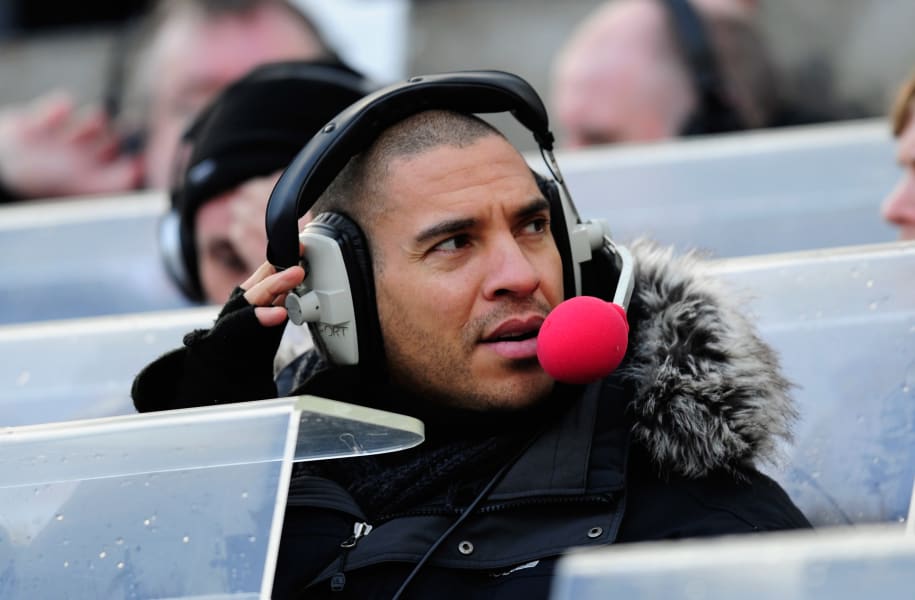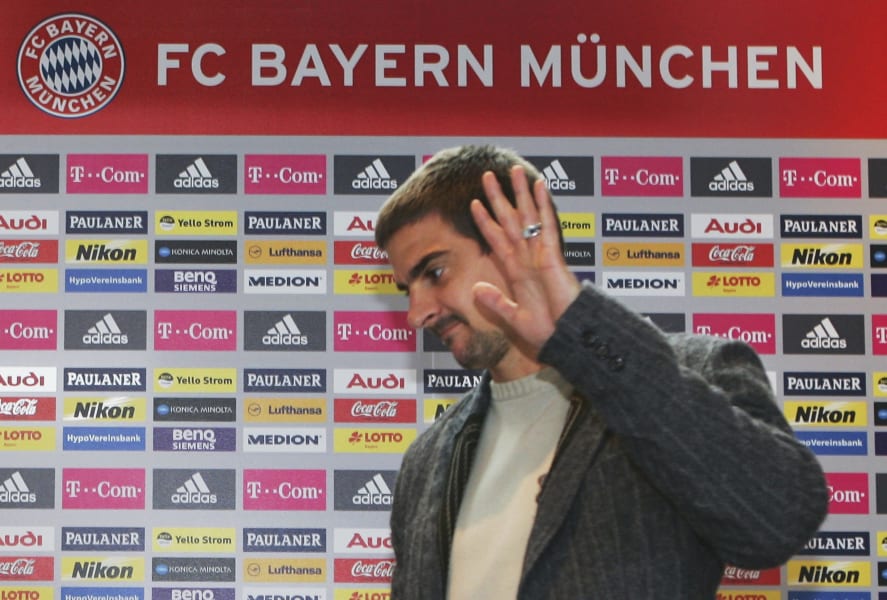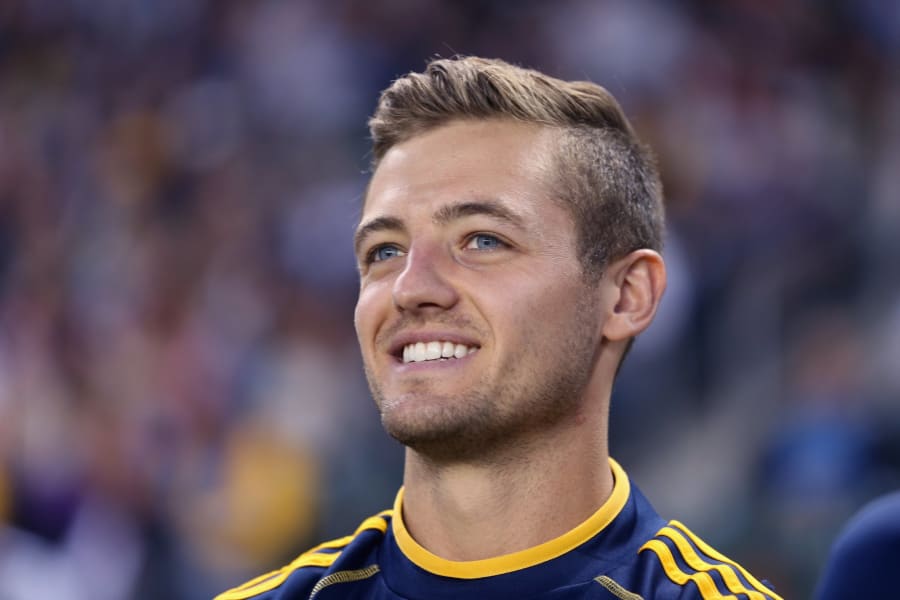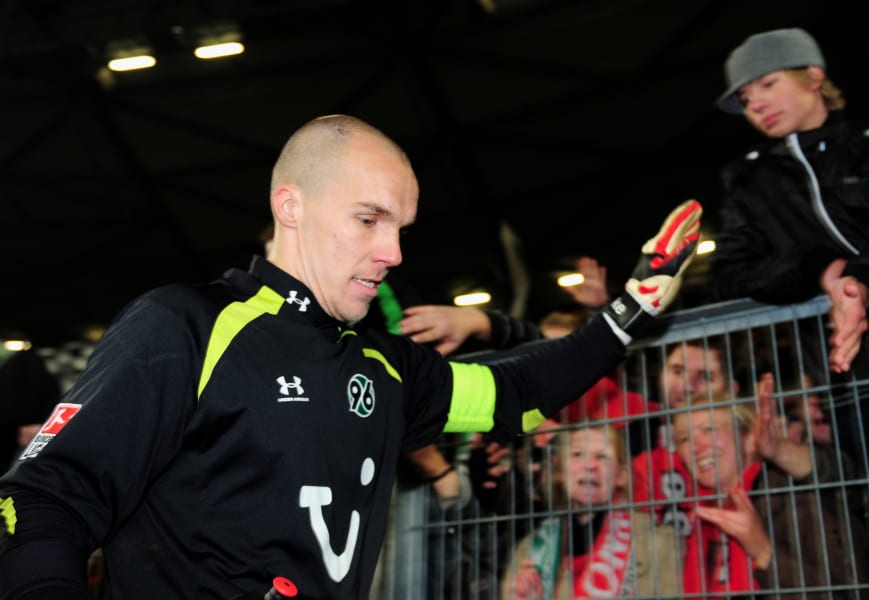Football
Soccer's battles with mental illness
By Matias Grez
Published 1431 GMT (2231 HKT) October 7, 2015
Share
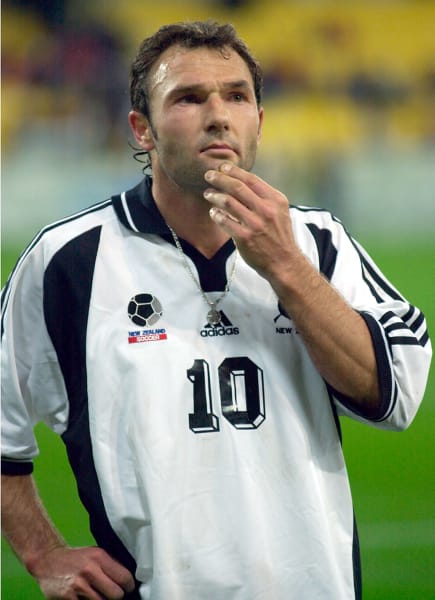

1 of 5
Two-time New Zealand Player of the Year Chris Jackson revealed in an interview with FIFPro that he had been suffering from mental health issues since he was just 15. A study by the organization reveals many more professional footballers suffer with mental illness than previously thought. John Cowpland/Getty Images AsiaPac/Getty Images
Former Germany international goalkeeper Robert Enke took his life in 2009 after battling depression for the majority of his career. At the time, he was Germany's No. 1 and enjoying a successful period with his club side Hannover. Getty Images
Former Liverpool and England footballer Stan Collymore has been outspoken on the issue of mental health, documenting his own experience to his thousands of followers on social media: "I'm tweeting because the stigma around this illness suggests that us sufferers all of a sudden become useless, maudlin, and unable to function. Well, I haven't seen daylight for 4 days now ... but I've done a week of Talksport/Channel 5 prep work, a national newspaper column, all in the eye of one of the most challenging, soul destroying bouts of this cruel illness one could have." Getty Images
Sebastian Diesler earned a move to German giants Bayern Munich in 2002 at just 22-years-old and was touted as the future of German football. However, after an injury-ravaged five years at the club he announced his retirement after struggling to cope with the pressure of professional football. Getty Images
Robbie Rogers is one of the most high profile names in professional soccer to come out as gay. Rogers has spoken openly about mental health issues he suffered due to being "closeted" for so long. Jeff Gross/Getty Images
